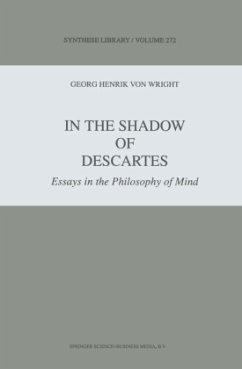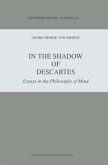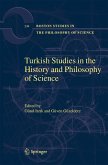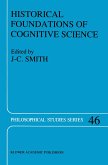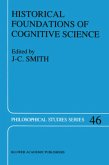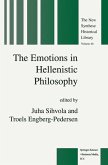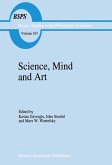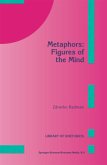Descartes made a sharp distinction between matter and mind. But he also thought that the two interact with one another. Is such interaction possible, however, without either a materialist reduction of mind to matter or an idealist (phenomenalist) reduction of matter to mind? These questions overshadow the Western tradition in metaphysics from the time of Descartes to present times.
The book makes an effort to stay clear of reductivist views of the two Cartesian substances. It defends a dualistic psycho-physical parallel theory which reconciles freedom of action with determinism in nature. Basic problems in perception theory are also discussed, with special emphasis on hearing and sound.
Because of the intrinsic interest of the subject and the author's non-technical presentation of it, the book should appeal to all readers with a serious interest in philosophy and psychology.
The book makes an effort to stay clear of reductivist views of the two Cartesian substances. It defends a dualistic psycho-physical parallel theory which reconciles freedom of action with determinism in nature. Basic problems in perception theory are also discussed, with special emphasis on hearing and sound.
Because of the intrinsic interest of the subject and the author's non-technical presentation of it, the book should appeal to all readers with a serious interest in philosophy and psychology.

